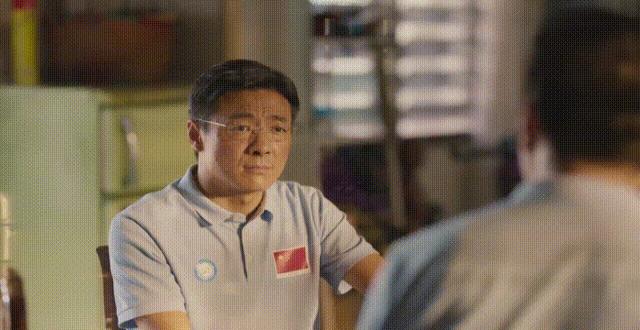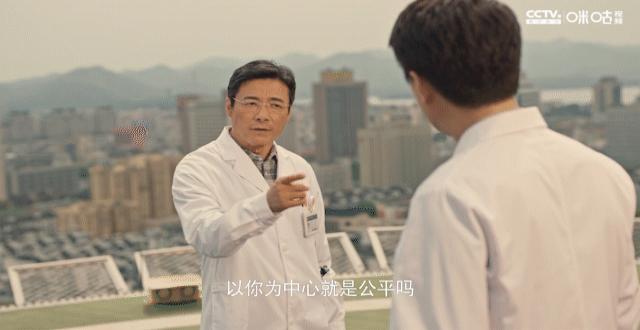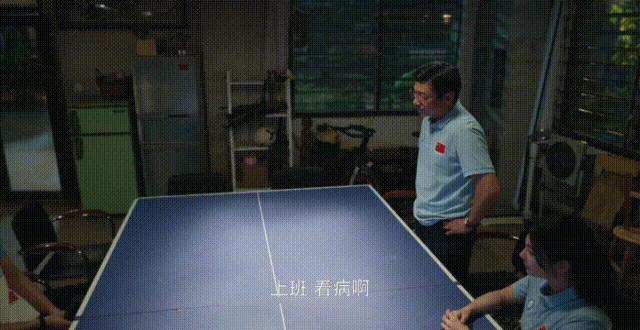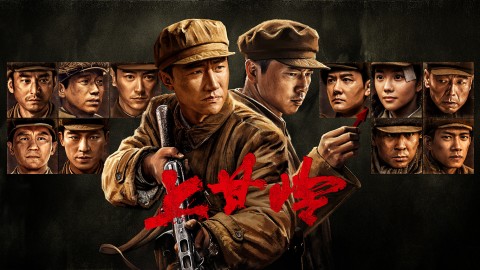Welcome to Milele Village: A Compelling Drama Featuring Jin Dong, Zu Feng, and Ding Yong Dai
Ladies and gentlemen, I recently stumbled upon a treasure, the drama series "Welcome to Milele Village" airing on Migu Video. The series features a star-studded cast including Jin Dong, Zu Feng, Zhang Yu Qi, Liu Guan Lin, Liu Min Tao, Ding Yong Dai, Wang Sheng Di, Wang Zi Quan, Liu Jia, and more than 10 other talented actors.
The story revolves around the journey of a Chinese medical aid team sent to Africa for assistance. Now, let me share my impressions of the most memorable actors. First, Jin Dong. His performance in this series is truly captivating. Starting from a humble background, he worked hard and eventually became a skilled surgeon in the hospital. He has always been outstanding in the eyes of his superiors, which has nurtured his arrogance and straightforward personality. It's no wonder his wife jokingly calls him a talent with a self-important attitude. His character in the drama truly embodies the soul of the story, evoking empathy from the audience. Ma Jia is not a perfect person, and Jin Dong brilliantly portrays the flaws of an ordinary individual, making the audience fall in love with the character.
Unlike his previous roles as an elite and domineering figure, Jin Dong's performance in this series is down-to-earth. When the director Liang announces Jiang Da Qiao's appointment, Ma Jia takes the opportunity to sarcastically criticize the decision, leaving Liang with an indignant expression. Lastly, Jin Dong rolls his eyes discreetly. Jin Dong's performance makes us think, "Ah, it's not surprising that Ma Jia would do such things." It reflects the instinctive reactions of ordinary people when faced with things they find disagreeable. However, there is another side to the usually proud Ma Jia.
Ma Jia seeks solace from his mentor, Liang, but instead receives a scolding. In that moment, Jin Dong portrays the character's surprise, disappointment, and grievances. From Ma Jia's initial arrival in Africa, his struggle to adapt to the environment, and the blood infection crisis he experiences, his life undergoes rapid changes. Jin Dong's seamless performance takes the audience on a journey through Ma Jia's overseas aid experiences.
The transformation of the characters that follows is a natural progression. This showcases the acting prowess of a national-level actor. Second, Zu Feng. Zu Feng portrays Jiang Da Qiao, whose personality clashes with Ma Jia - one is impulsive, the other is patient; one is active, the other is reserved.

Zu Feng's character doesn't have many emotionally charged scenes, but his seemingly understated portrayal resonates with the audience. Even in the challenging scenes of banter, Zu Feng's performance has layers.
The most engaging aspect of the series is the "verbal sparring" between him and Jin Dong. When Jiang Da Qiao returns to the country, they meet for the first time, and Ma Jia teases him as the mayor. Jiang Da Qiao responds with an indifferent and indulgent expression, saying it's not funny. Later, when Ma Jia confronts him at their mentor's house, Zu Feng's expression remains calm as he lowers his head.
In the rooftop dialogue scene, often referred to as the hospital version of "Infernal Affairs," he initially speaks sincerely, asking Jin Dong to stay at the hospital. But as Ma Jia's emotions escalate, Jiang Da Qiao also loses control and points out his self-centeredness. This is the first instance where Zu Feng displays anger in his performance.

When they reach Africa, Ma Jia faces another complaint from Jiang Da Qiao. Usually, Jiang Da Qiao remains calm when Ma Jia makes mistakes, but this time, he unleashes his full force and confronts him without holding back.

Although it's just a quarrel scene, true acting masters can bring out countless variations, from the hidden turmoil beneath a seemingly calm surface to the torrent of emotions that eventually erupt. Third, Ding Yong Dai.
Ding Yong Dai portrays Liang Sen Lin, the vice president of the hospital and the mentor of Ma Jia and Jiang Da Qiao. Ma Jia complains to him after facing setbacks in his promotion, believing that his mentor has been biased. However, balancing the situation is indeed a difficult task.
Ding Yong Dai's screen time may be limited, but every scene he appears in carries significant weight. For instance, the scene where Ma Jia considers resigning and talks to his teacher, Liang, upon entering, he discovers that his fellow brother Jiang Da Qiao is also present, and they both give him the same brand of milk powder.
At the center of the battlefield, Dean Liang pretended to be engrossed in his computer. When Ma Jia became agitated, his expression changed slightly, and he clicked lightly, urging him to choose his words carefully. When he spoke privately with Ma Jia, he initially patiently consoled him, then held his hands and patiently listened to him. Finally, unable to contain his anger, he vented his frustrations, even saying what he truly felt inside - "Isn't it all settled for next year?" It may seem like an ordinary scene, but Ding Yong Dai subtly portrayed his attitude towards his two disciples: respect for Jiang Da Qiao and love for Ma Jia. He was angry at Ma Jia's thoughtless words but didn't genuinely hold a grudge against him.
So when Ma Jia turned to him and begged him to retrieve his resignation letter, he pretended to be angry, fixed his gaze on his disciple, and said that he couldn't do anything since the resignation had already been approved, telling him to find the dean. As Ma Jia was about to leave, he finally revealed his true decision to Ma Jia, followed by a proud smile, akin to a father teasing his child.
When Ma Jia turned back to him again, Ding Yong Dai remained composed and casually took a sip of tea from his cup.
Unexpectedly, Ma Jia said, "Master, I've made up my mind. I still want to go out and explore." Dean Liang, caught off guard, choked on his tea and angrily told Ma Jia to leave.
In this short scene, every action and expression by Ding Yong Dai was filled with detail and a vivid sense of reality. The moment he choked on his tea didn't seem like acting at all. The depth of his acting skills is truly unfathomable.
Lastly, there's Zhang Yu Qi who portrayed Wu Mei. She completely subverted the audience's stereotypical impression of her. At first, I was a bit unsure when I saw Zhang Yu Qi playing the role of the head nurse, but after watching her first scene, I knew she nailed it!
Zhang Yu Qi portrayed the character as if it was tailor-made for her, a strong female lead who speaks her mind and solves problems. She has a loud voice and is straightforward, but she is cautious and diligent in her work. When Ma Jia was reported by Qi Dan after saving a patient, Wu Mei spoke with reason and logic. In the end, the entire cafeteria applauded, allowing the audience to feel Wu Mei's understanding and broad perspective.
In addition to these four actors, there's Liu Min Tao, who plays the overseas entrepreneur Shi Zhu Zi. This is her sixth (or maybe seventh?) collaboration with Jin Dong. Liu Guan Lin portrays the righteous roommate Peng Wei, who cooked the noodles Ma Jia longed for when he couldn't eat due to the risk of infection. Zhao Zi Qi plays the journalist and Ma Jia's wife, Liu Xiao Xian, who is also an independent and strong-willed woman in her work. Wang Sheng Di portrays Jiang Da Qiao's daughter, Jiang Yao, showcasing her maturity and resilience.
The supporting characters in the drama all have their own character arcs, and it is precisely because of these fleshed-out characters that the series feels authentic.


